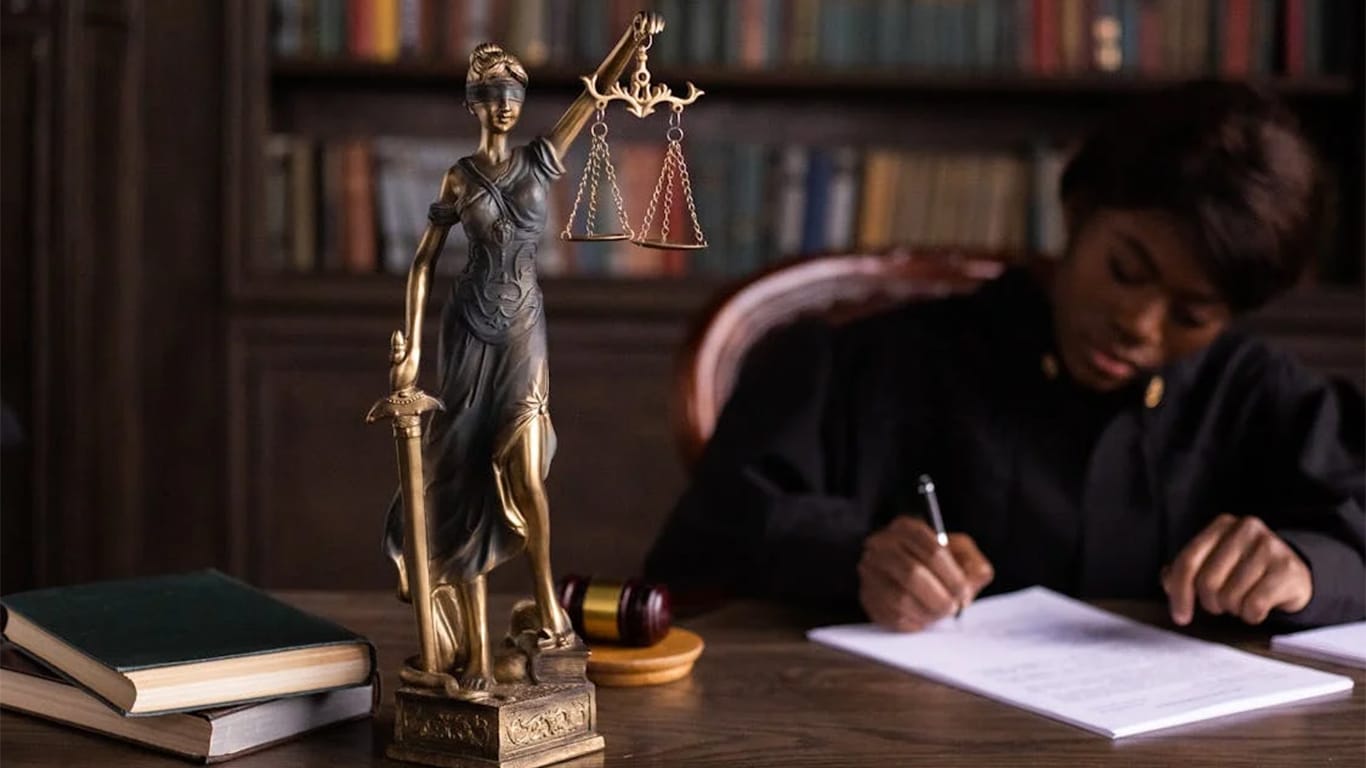Extradition, the formal process by which one country surrenders an individual to another for prosecution or punishment, is a cornerstone of international law enforcement cooperation. However, the intricacies of extradition law present significant challenges, making expert legal guidance essential for those involved. This article explores the complexities of extradition cases and underscores the importance of specialized legal advice in navigating these multifaceted proceedings.
Understanding Extradition: A Legal Framework
Extradition operates on treaties and agreements between nations, establishing the legal foundation for transferring individuals accused and / or convicted of crimes. These treaties delineate the conditions under which extradition is permissible, the offenses eligible, and the procedural requirements for submitting and processing requests. The principle of dual criminality—where the alleged offense must be recognized as a crime in both the requesting and requested countries—is fundamental to most extradition agreements.
The Role of Extradition Law Experts
Given the legal intricacies inherent in extradition cases, consulting extradition law experts is crucial. These professionals possess specialized knowledge of international treaties, domestic laws, and the procedural nuances of extradition. Their expertise enables them to:
- Assess Extradition Requests: These experts meticulously evaluate the validity of extradition requests, ensuring compliance with legal standards and identifying potential grounds for refusal, such as political motivations or the risk of human rights violations.
- Provide Legal Representation: They represent individuals facing extradition in court proceedings, crafting robust defense strategies, presenting evidence, and advocating for their clients’ rights throughout the whole process.
- Negotiate with Authorities: Extradition law experts engage with law enforcement and judicial authorities to negotiate favorable outcomes, which may include reductions in charges or securing bail conditions.
- Challenge Extradition Requests: They are adept at challenging extradition requests based on human rights arguments, including risks of torture, unfair trials, or inhumane prison conditions in the requesting country.
FOOD NEWS: 10 celebrity chef restaurants to try in Arizona
Legal Advice on Extradition Cases: Key Considerations
Individuals facing extradition must seek comprehensive legal advice to navigate the process effectively. Critical considerations may include:
- Understanding Rights: Legal counsel ensures that individuals are informed of their rights, including the right to a fair hearing, access to legal representation, and the ability to contest the extradition request.
- Evaluating Grounds for Refusal: Certain conditions, such as the risk of facing the death penalty, potential political persecution, or the likelihood of torture, can serve as valid grounds to contest extradition. Legal experts assess these factors meticulously.
- Navigating Procedural Requirements: Extradition involves stringent procedural protocols. Legal advisors guide clients through documentation, deadlines, and court appearances to ensure compliance and strengthen their defense.
- Exploring Alternative Resolutions: In some cases, negotiating alternative resolutions, such as voluntary surrender under specific conditions or transfer of proceedings to the requested country, may be viable. Legal experts explore these avenues to achieve favorable outcomes.
The Importance of Specialized Legal Representation
Engaging legal professionals with expertise in extradition law is paramount for individuals facing extradition. Specialized representation ensures that:
- Rights Are Protected: Legal experts safeguard clients’ rights, ensuring fair treatment and adherence to due process throughout the extradition proceedings.
- Comprehensive Defense Strategies Are Developed: Experienced lawyers develop tailored defense strategies, considering all legal avenues to contest the extradition effectively.
- Procedural Accuracy Is Maintained: Navigating the procedural intricacies of extradition requires precision. Legal experts ensure all protocols are followed meticulously to prevent procedural errors that could adversely affect the outcome.
Conclusion
Extradition cases embody the complexities of international law, requiring specialized knowledge and strategic legal guidance. For individuals facing extradition, consulting extradition law experts is essential to navigate the multifaceted legal landscape, protect their rights, and ensure a fair and just process. As international cooperation in law enforcement intensifies, the role of specialized legal representation becomes increasingly vital in upholding the principles of justice and human rights.
Moreover, the evolving nature of extradition laws, shaped by geopolitical shifts and human rights considerations, underscores the necessity of staying informed and well-advised. Legal experts not only provide defense strategies but also advocate for procedural fairness and humane treatment. Their involvement can mean the difference between a successful challenge and an unjust extradition. By securing knowledgeable legal representation, individuals can better assert their rights, mitigate risks, and pursue all available legal remedies in what is often a high-stakes legal battle.



